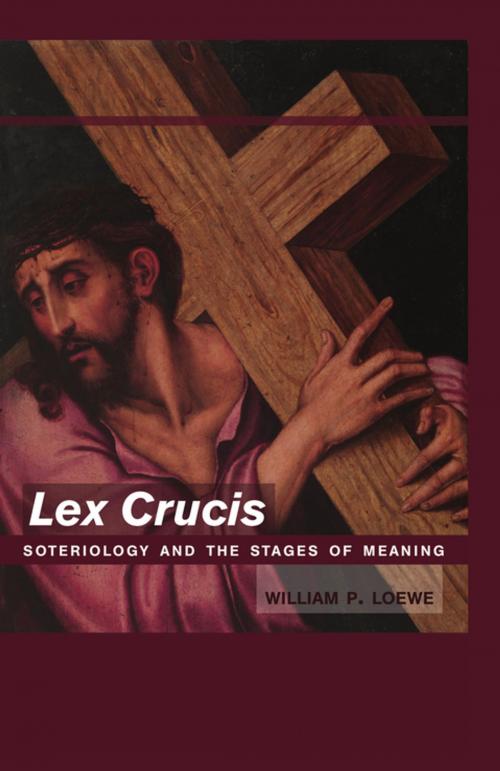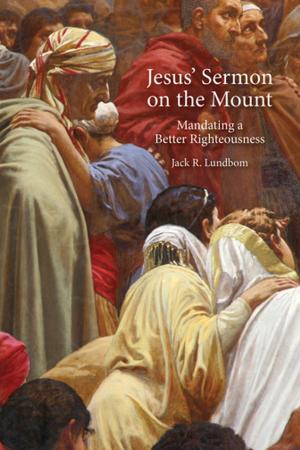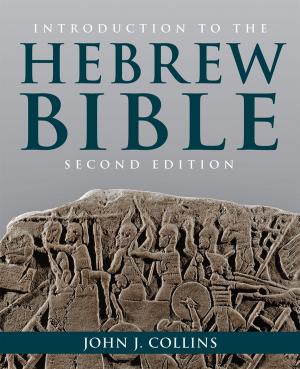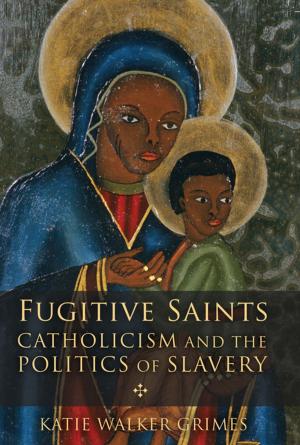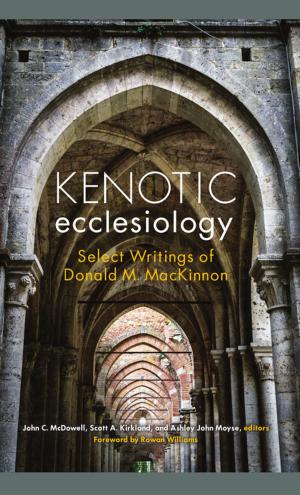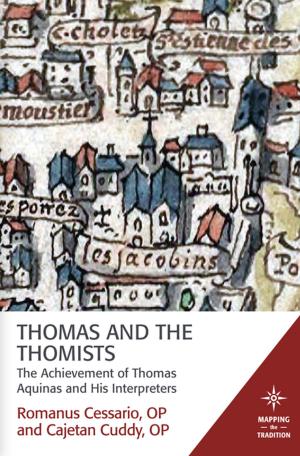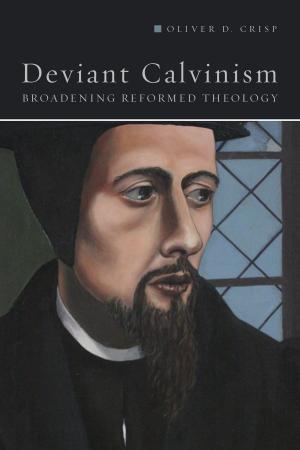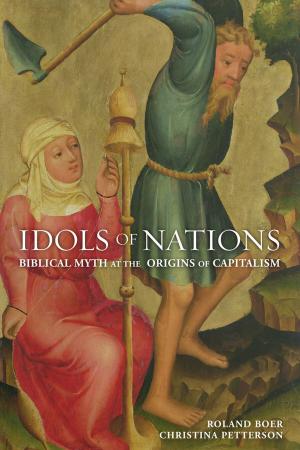Lex Crucis
Soteriology and the Stages of Meaning
Nonfiction, Religion & Spirituality, Theology, Christianity| Author: | William P. Loewe | ISBN: | 9781506410166 |
| Publisher: | Fortress Press | Publication: | June 3, 2016 |
| Imprint: | Fortress Press | Language: | English |
| Author: | William P. Loewe |
| ISBN: | 9781506410166 |
| Publisher: | Fortress Press |
| Publication: | June 3, 2016 |
| Imprint: | Fortress Press |
| Language: | English |
What is the true story of God and humankind, and how does that story become a saving story? These are pivotal questions that constitute the narratives Christians tell about themselves, their values, and how the Christian life is to be lived. In shaping those stories into a coherent, intelligible framework that provides comprehensive meaning, soteriology—the doctrine of redemption—developed as a keystone to Christian consciousness. This study investigates that development of the soteriological tradition. Employing Bernard Lonergan’s notion of the stages of meaning as a hermeneutic, the volume traces the origins of soteriology in the early Christian tradition represented by Irenaeus to its establishment as a systematic theory in Anselm, Aquinas, and subsequent developments in the Protestant tradition of Luther and Schleiermacher. The author concludes with a constructive exploration of Lonergan’s own work on the question of soteriology that overcomes the modernist distortions that hinder Schleiermacher’s account and offers an articulation of the dynamics of Christian conversion that opens onto the social, cultural, and political mediations of redemption necessary for the contemporary age.
What is the true story of God and humankind, and how does that story become a saving story? These are pivotal questions that constitute the narratives Christians tell about themselves, their values, and how the Christian life is to be lived. In shaping those stories into a coherent, intelligible framework that provides comprehensive meaning, soteriology—the doctrine of redemption—developed as a keystone to Christian consciousness. This study investigates that development of the soteriological tradition. Employing Bernard Lonergan’s notion of the stages of meaning as a hermeneutic, the volume traces the origins of soteriology in the early Christian tradition represented by Irenaeus to its establishment as a systematic theory in Anselm, Aquinas, and subsequent developments in the Protestant tradition of Luther and Schleiermacher. The author concludes with a constructive exploration of Lonergan’s own work on the question of soteriology that overcomes the modernist distortions that hinder Schleiermacher’s account and offers an articulation of the dynamics of Christian conversion that opens onto the social, cultural, and political mediations of redemption necessary for the contemporary age.
